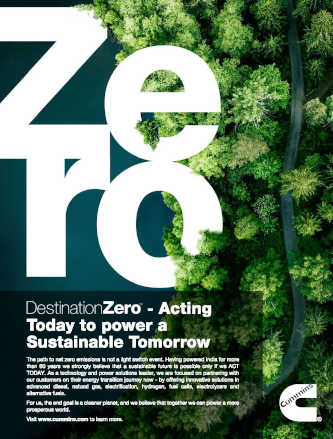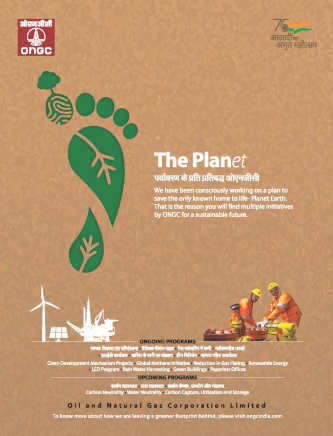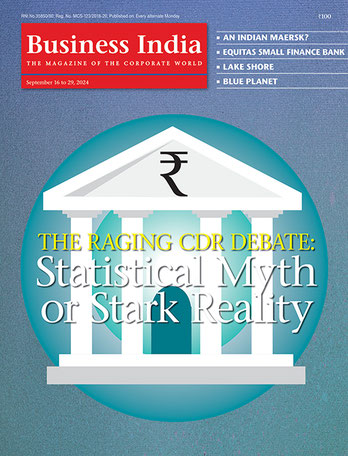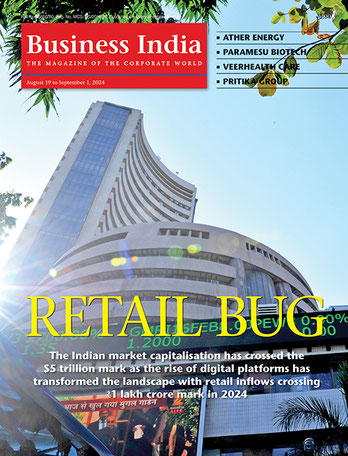Savings of over Rs1.5 crore in the past three years have established the Pune-headquartered technology services company Persistent Systems Ltd’s commitment to the green energy initiative under its CSR arm.
“Being an IT industry, we understand the need for electricity,” says Sonali Deshpande, chairperson of the Persistent Foundation. “Our solar power plants are a response to the global sustainability goal (GSG) of making affordable and clean energy available to all.”
Under its flagship project, the Foundation installed five solar pawer projects in Maharashtra and Telangana since 2016: two railway stations, Pune and Nampally, Hyderabad; two charitable hospitals and a residential complex.
Working in Goa and Karnataka, too, the Persistent Foundation runs community development programmes that aim at enabling the people in these four states through various need-based initiatives. “We strongly believe that if a society develops, so will any organisation that thrives in it,” Deshpande says. These programmes are mostly need-based, for both rural and urban communities, and are in line with the GSGs set by the UN to be achieved by 2030.
-
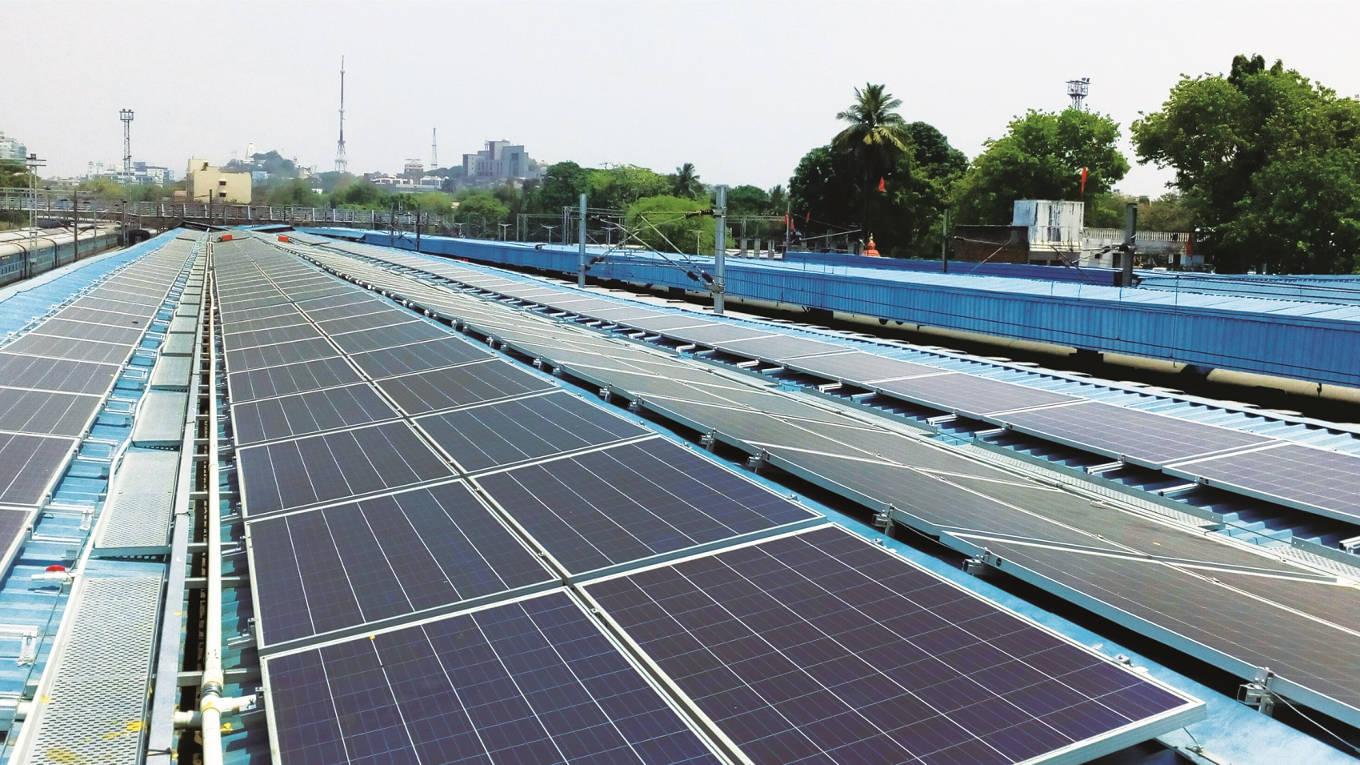
Solar installations have saved large amounts at railway stations


